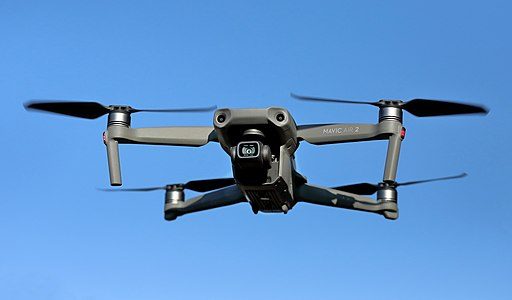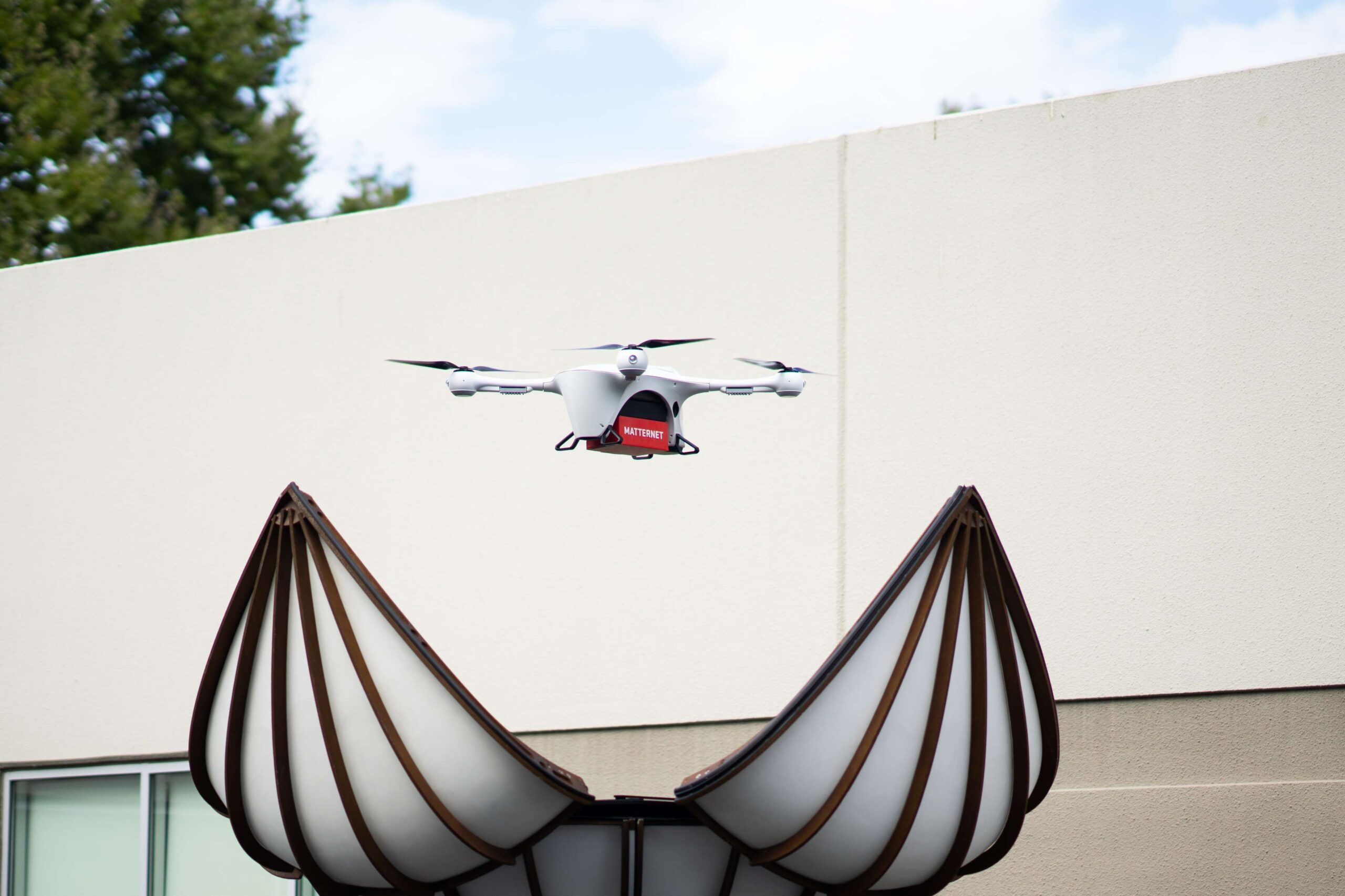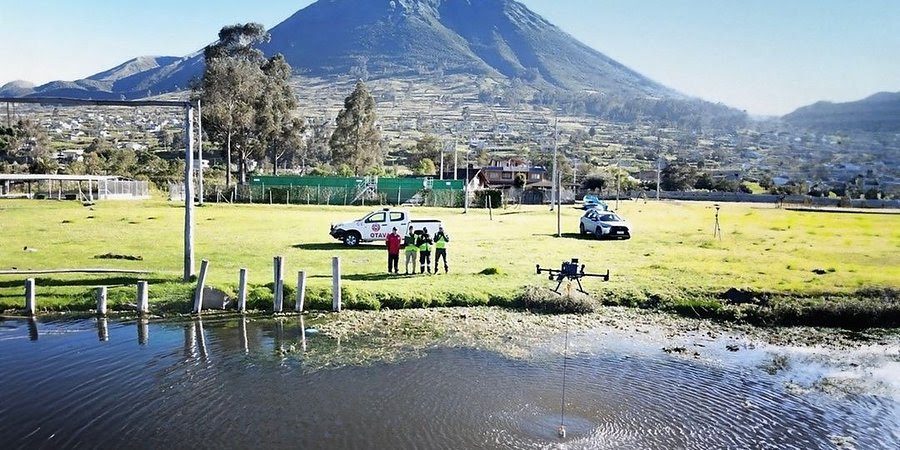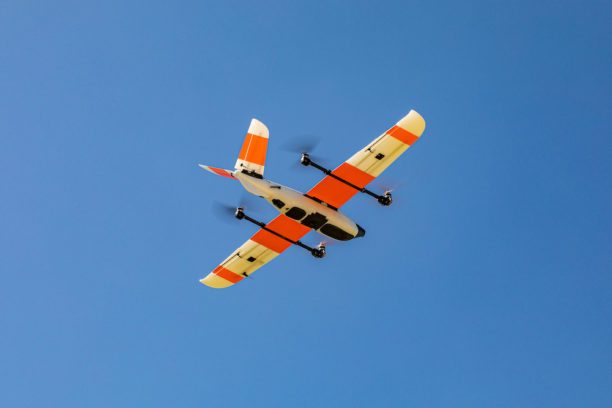
The GAO highlights operational challenges, whereas DJI advocates for a balanced strategy to drone regulation.
A brand new report from the U.S. Authorities Accountability Workplace (GAO), titled “Federal Lands: Results of Inside’s Insurance policies on Overseas-Made Drones” (GAO-24-106924), reveals the numerous influence that restrictive drone insurance policies have had on the Division of the Inside’s (DOI) operations. In response, DJI, a serious drone producer, expressed issues about these restrictions, emphasizing the results of limiting drone use and procurement primarily based on nation of origin fairly than technological functionality.
GAO Report: Key Findings on DOI’s Drone Challenges
The GAO report underscores how the DOI’s reliance on drones has been essential for managing its 500 million acres of federal lands. Drones have been used for duties resembling wildfire prevention, search and rescue, and scientific analysis. Nonetheless, since 2020, the DOI has confronted challenges as a result of restrictions on drones manufactured in “adversary nations,” grounding non-emergency flights for almost three years. Though latest exemptions now allow drone use for emergency operations, the general prohibition stays in place.
In accordance with the GAO, these restrictions have considerably affected DOI operations in a number of key areas:
- Getting older Drone Fleet and Rising Prices: The vast majority of DOI’s drone fleet is nearing the top of its lifespan. Changing these drones with compliant options has confirmed tough as a result of escalating prices and restricted availability. The typical value per drone has risen from roughly $2,600 in 2017 to over $15,000 in 2023.
- Operational Limitations: The shrinking variety of drones has restricted DOI’s capacity to broaden their use for essential operations, resembling wildfire response and search and rescue. DOI has needed to depend on extra pricey and riskier options, like helicopters, which improve security dangers to personnel.
- Technological Gaps: Compliant drones typically lack the technological capabilities wanted for particular duties, resembling carrying specialised sensors. Some compliant fashions have additionally skilled reliability points, resembling propeller malfunctions.
The report additionally highlights the lack of alternatives to assemble essential information on wildlife, landscapes, and infrastructure, because the DOI’s capacity to gather high-resolution imagery has been impaired by drone shortages.
DJI’s Response: A Name for Balanced Drone Insurance policies
DJI, the world’s largest drone producer, was fast to answer the GAO’s findings, stressing that the restrictions imposed on drones primarily based on their nation of origin have undermined the DOI’s capacity to totally leverage the advantages of drone expertise. In a press release, DJI famous: “The GAO findings additionally reaffirm our issues: with no balanced strategy, the U.S. dangers shedding important instruments that defend lives and property.”
DJI emphasised that its drones have been instrumental in supporting DOI’s efforts, significantly in emergency conditions like wildfire administration. The corporate additionally pointed to earlier assessments, together with a 2021 Pentagon report, which discovered no proof of “malicious code or intent” in DJI’s Authorities Version drones. The report even beneficial their use by authorities entities, additional supporting DJI’s argument for permitting technology-based fairly than country-based drone rules.
Diverging Views: Operational Issues vs. Safety Issues
Whereas the GAO report focuses on the operational setbacks the DOI has confronted as a result of restrictions on foreign-made drones, DJI’s response highlights the corporate’s dedication to addressing safety issues whereas offering essential expertise. DJI advocates for the creation of industry-wide safety requirements which might be primarily based on technological safeguards fairly than the nation of origin.
In its response, DJI additionally reiterated the significance of sustaining an open and aggressive market the place drone operators have the liberty to decide on one of the best instruments for his or her missions. In accordance with DJI, “A free, open and aggressive market ensures that one of the best expertise thrives, benefiting the complete ecosystem of operators and public security organizations.”
A Path Ahead: Coverage Suggestions and Business Collaboration
Each the GAO and DJI agree on the significance of drones in DOI’s operations, however the GAO report highlights the urgent want for compliant drones that may meet the DOI’s mission-critical wants. DJI, however, requires an evidence-based strategy to future drone laws, arguing that limiting drone use primarily based on nation of origin restricts entry to the best expertise.
As policymakers contemplate new drone rules, DJI continues to advocate for balanced insurance policies that prioritize technological functionality and safety with out limiting the aggressive panorama. The GAO report, alongside DJI’s response, underscores the significance of collaboration between authorities businesses and {industry} stakeholders to make sure that essential missions, resembling wildfire prevention and search and rescue, are usually not compromised.
For extra particulars, you may entry the total GAO report right here and DJI’s unique weblog put up right here.
Learn extra:






